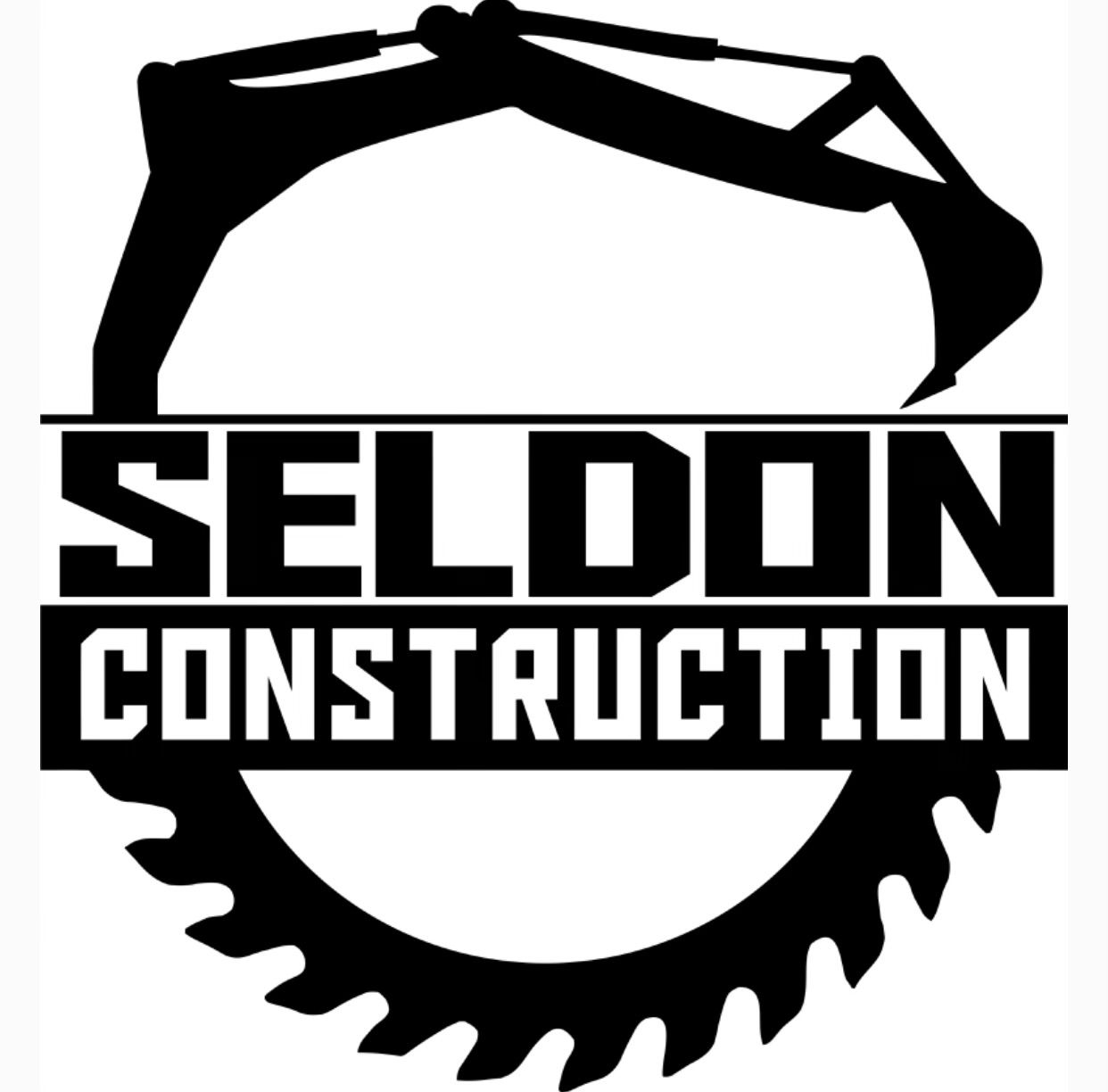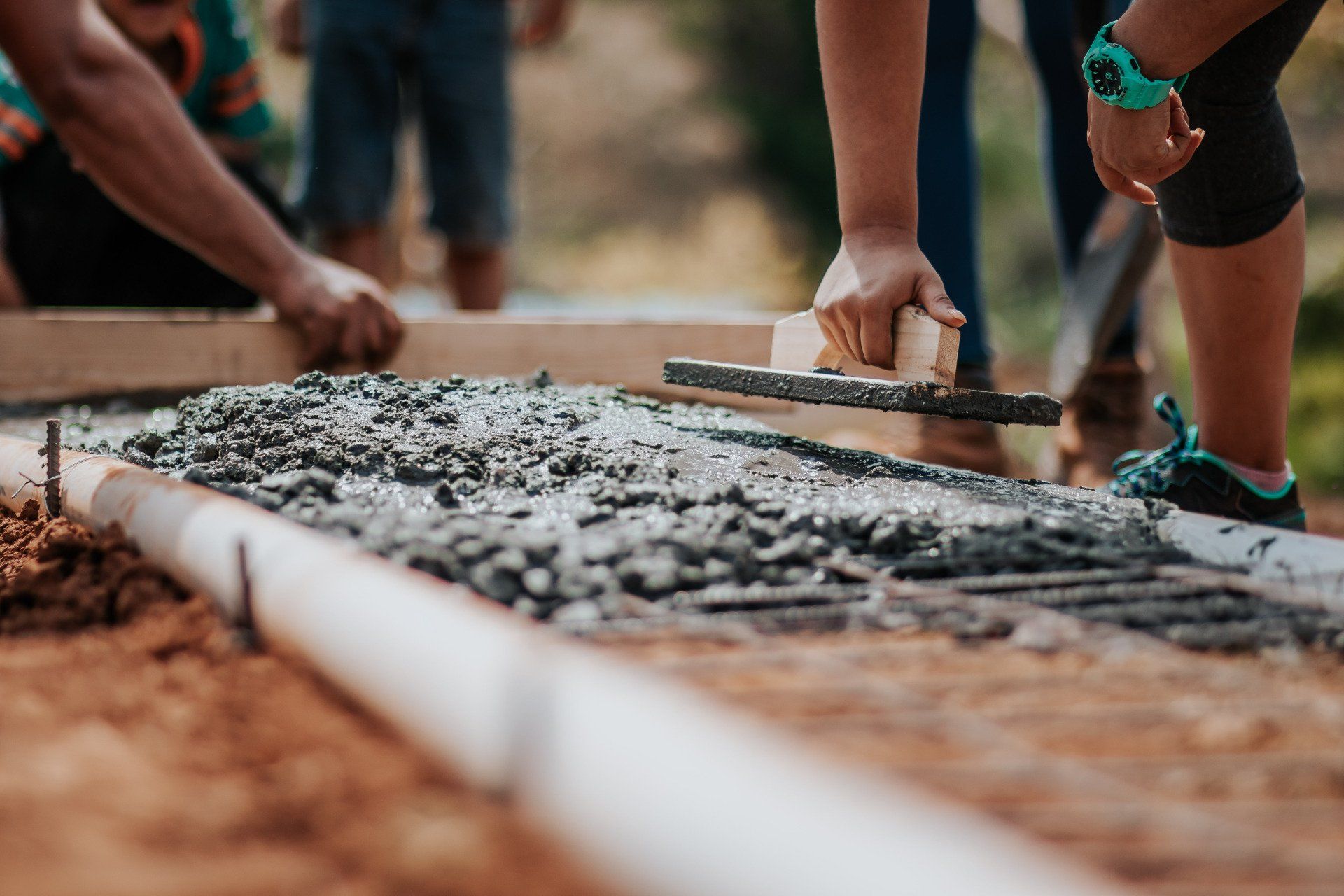The Evolution of Home Building: From Ancient Times to Modern Marvels

Introduction
Home building is an integral part of human civilization, reflecting our journey from rudimentary shelters to sophisticated architectural masterpieces. Understanding the history of home building not only gives us a sense of appreciation for modern construction but also provides insights into the innovative spirit of our ancestors.
The Earliest Dwellings
The concept of home building dates back to prehistoric times. The earliest humans sought shelter in caves, using natural formations to protect themselves from the elements. As they progressed, they began constructing basic huts made from readily available materials like wood, stone, and animal hides. These primitive structures laid the foundation for more complex building techniques.
Ancient Civilizations and Architectural Innovations
As societies evolved, so did their construction methods. Ancient civilizations, such as the Egyptians, Greeks, and Romans, made significant advancements in home building. The Egyptians are renowned for their monumental pyramids and temples, which showcased their engineering prowess and use of stone. The Greeks introduced the concept of symmetry and proportion, with their iconic columns and temples becoming architectural benchmarks. The Romans, known for their practical approach, developed concrete and innovative building techniques, such as the arch and the dome, which allowed for more expansive and durable structures.
The Middle Ages and Feudal Fortresses
The Middle Ages saw the rise of feudalism, and with it, the construction of fortified castles and manor houses. These structures were designed for defense and reflected the hierarchical society of the time. Thick stone walls, moats, and drawbridges characterized medieval architecture. While primarily functional, these buildings also began to incorporate aesthetic elements, with ornate carvings and tapestries becoming more common.
The Renaissance and the Birth of Modern Architecture
The Renaissance period marked a revival of classical architecture and a renewed emphasis on aesthetics. Architects like Filippo Brunelleschi and Andrea Palladio drew inspiration from ancient Greece and Rome, creating harmonious and proportionate buildings. This era also saw the introduction of new building materials and techniques, such as brick and glass, which allowed for greater creativity and innovation.
The Industrial Revolution and Mass Production
The Industrial Revolution in the 18th and 19th centuries brought about a dramatic shift in home building. The advent of new technologies and materials, such as steel and reinforced concrete, revolutionized construction. Prefabrication and mass production techniques made building homes faster and more efficient. This period also saw the rise of urbanization, with cities expanding rapidly and new housing developments emerging to accommodate the growing population.
Modern Home Building: Sustainability and Innovation
Today, home building is a blend of traditional craftsmanship and cutting-edge technology. Modern homes are designed with sustainability in mind, incorporating energy-efficient materials and eco-friendly practices. Smart home technology allows for unprecedented control and convenience, while innovative construction methods, such as 3D printing and modular building, are pushing the boundaries of what is possible.
Conclusion
The history of home building is a testament to human ingenuity and adaptability. From the simplest shelters to the most complex structures, each era has contributed to the evolution of home construction. As we look to the future, the principles of sustainability, innovation, and craftsmanship will continue to shape the homes we build, ensuring they meet the needs of generations to come. At Seldon Construction, we honor this rich history by combining traditional techniques with modern advancements to create homes that are not only functional but also beautiful and enduring.
Ready to work with Seldon Construction?
Let's connect! We’re here to help.
Send us a message and we’ll be in touch.
Or give us a call today at (209) 753-8578
Agency Contact Form
We will get back to you as soon as possible
Please try again later
More Home Tips, Tricks & Tools
Visit Us
Email Us
Call Us
| Powered by Snapps



